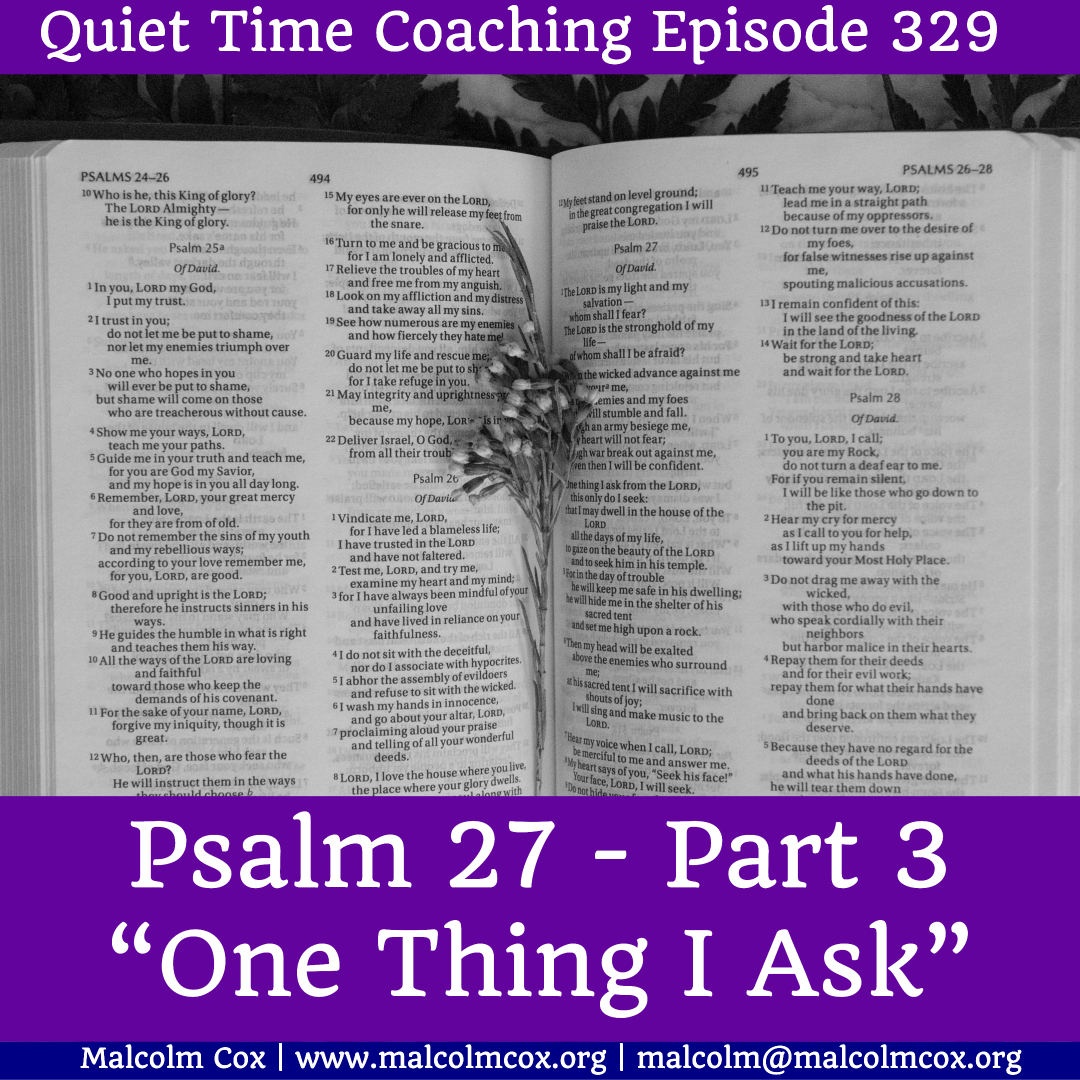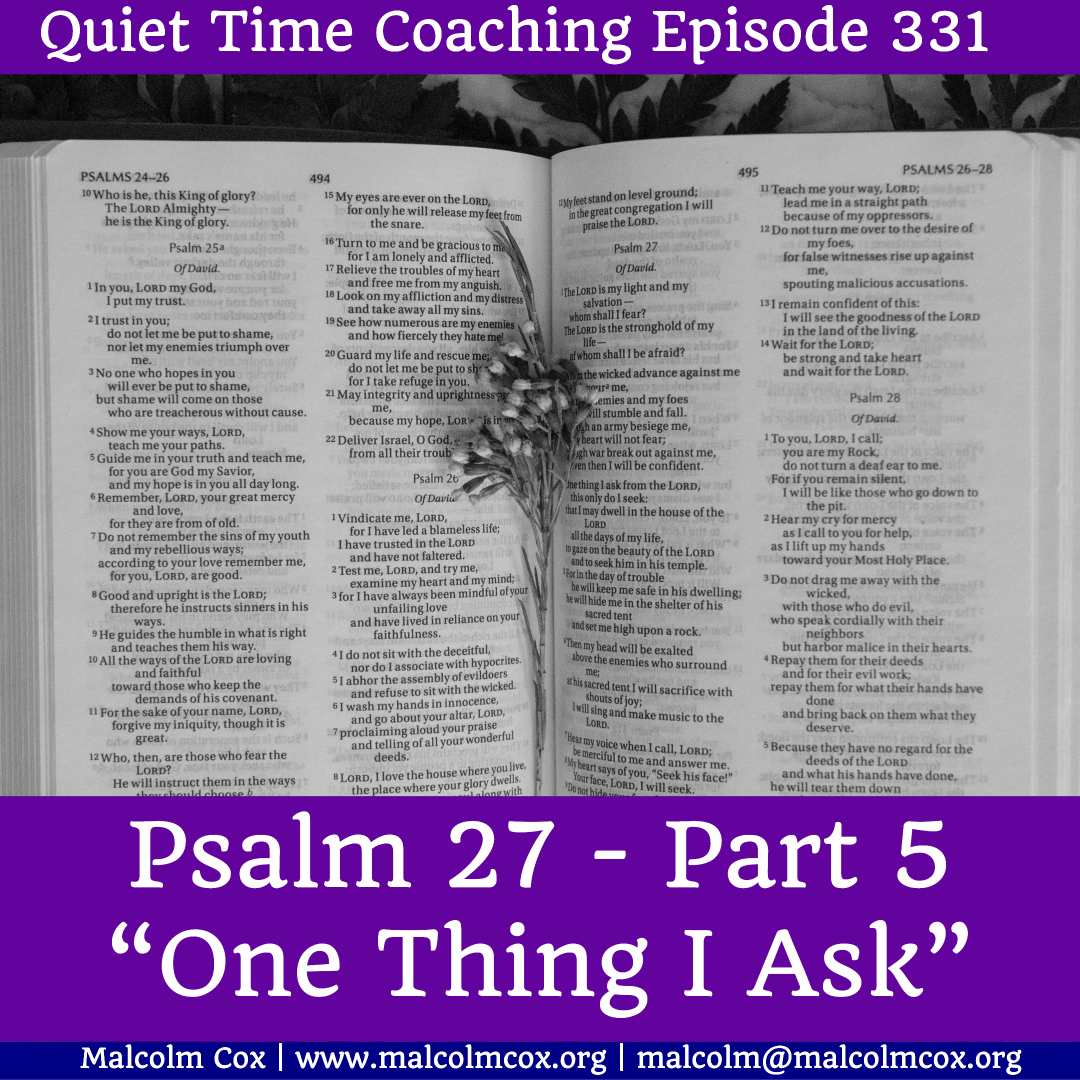Is it possible to be surrendered to God’s will without feeling like a pawn?
I bring you a sixth look at the book by Richard Foster, “Prayer: finding the heart’s true home“. In the most recent chapter I’ve been reading, Richard talks about the significance of the prayer of relinquishment.
Richard quotes Andrew Murray, “..union with God’s will is union with God himself”. That being the case, how can we afford not to pray the prayer of relinquishment? In other words, the prayer that says, “not as I will, but as you will.” (Matthew 26:39 NIV11).
Easy to say. Not so easy to do. And even harder to mean it.
This week we explore why the prayer of relinquishment is so important. We will discover the correct motivation for the prayer. Next week we will look at how to practice the prayer of relinquishment.
1. The example of Jesus
Jesus is our inspiration in all things. No less in this prayer of relinquishment. Without this prayer – no cross. Without this prayer – no sins forgiven. In Gethsemane, Jesus prayed the prayer of relinquishment more fully, more powerfully, more painfully than at any other point in his life,
“not as I will, but as you will.” (Matthew 26:39 NIV11)
As Foster remarks,
“To applaud the will of God, to do the will of God, even to fight for the will of God is not difficult . . . until it comes at cross-purposes with our will.” p51
Thank goodness for the example of Jesus!
2. The door to hope
The Scriptures tell an interesting story – if you are called by God, you will struggle with God.
Jesus is the ultimate example, but what about Abraham, Moses, David, Mary, Paul? They all struggled with God’s will for their lives. But, when they came to a place of relinquishment, they discovered that God’s will was better and more glorious than the choice they preferred.
When we struggle, and submit to God’s will, and discover his wisdom, it gives us hope for the next struggle. Because there will be another struggle. It’s how we grow. It’s how God gets his will done. It’s how God makes sure he gets the glory instead of us. But even though he gets the glory, we get plenty of joy.
3. The soil for fruit
When we pray the prayer of relinquishment we are offering God fertile soil for him to bear fruit. That’s why Jesus said,
“Unless a grain of wheat falls into the earth and dies, it remains just a single grain; but if it dies, it bears much fruit” (John 12:24)
When we make ourselves available to God, he is able to produce the fruit of the Kingdom in us and through us. As Foster says,
“..we hold on so tightly to the good we know that we cannot receive the greater good that we do not know. God has to help us let go of our tiny vision in order to release the greater good he has in store for us.” p55
We don’t have to pray the ‘right’ prayer, we just need to pray the relinquished prayer.
Such a self-death brings us the freedom of self-forgetfulness which does not negate a person but sets us free to become all that we can be in Christ.
Conclusion
The Apostle Paul found himself at peace with the prayer of relinquishment,
“It is no longer I who live, but it is Christ who lives in me. And the life I now live in the flesh I live by faith in the Son of God, who loved me and gave himself for me.” (Gal. 2:19–20).
What a blessing it is to arrive here. A place of contentment, free from anxiety.
Question
Do you have a prayer of relinquishment which needs to be prayed? In which areas in life right now do you sense a struggle? Have you prayed the prayer of relinquishment in those areas? How do you feel about praying such a prayer? What holds you back from doing so?
Please leave a comment here so that we can all learn from one another. We learn best when we learn in community.
I hope you have a wonderful week of fulfilling quiet times.
God bless, Malcolm
You might also be interested in my book: “An elephant’s swimming pool“, a devotional look at the Gospel of John




